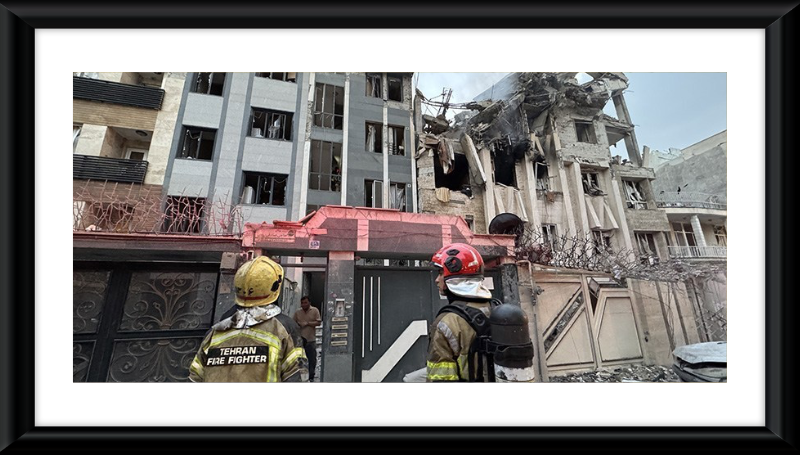Farrah Al Abdallat
The Week, June 28, 2025
“In countries like Jordan, where 57.7 per cent of the population favours neutrality in the Israel–Iran conflict and only 5.4 per cent support Israel, the strikes risk fueling broader narratives of Western double standards and regional subjugation.”
After 12 days of open conflict between Israel and Iran, a fragile ceasefire now hangs over the region. Brokered by US President Donald Trump, the truce has paused direct hostilities but left regional tensions unresolved.
What began as a proxy cold war has morphed into a hot confrontation, exposing the Middle East’s precarious balance of power.
Jordan, long a buffer state and diplomatic bridge, finds itself once again at the crossroads of war and diplomacy. While traditionally adept at walking the line between Western alliances and Arab solidarity, the intensity of this moment—and its uncertain aftermath—risk pushing the kingdom beyond its strategic comfort zone.
The conflict’s epicentre may lie elsewhere, but its effects are rippling directly through Jordan. Airspace closures in April 2024 and June 2025 underscore the kingdom’s concern over regional spillover. While framed as defensive, these moves have placed Jordan under scrutiny, especially from Iran, raising questions about its neutrality.
At the heart of the crisis is Iran’s nuclear program. Though Tehran insists its enrichment is peaceful, its uranium levels nearing weapons grade have triggered Israeli strikes under “Operation Rising Lion” and set off a chain of military escalation-classic hallmarks of the security dilemma.
One state’s effort to enhance security leads others to feel threatened, prompting reactions that increase the risk of conflict.
Jordan is now caught between two powerful rivals, both distrusted by much of its population. While the war in Gaza continues to dominate public discourse, the deeper strategic threat may lie in this unfolding Israel–Iran confrontation. How Jordan navigates this high-stakes moment—without being drawn in militarily or politically—may define its regional role in the years ahead. ….SOURCE


